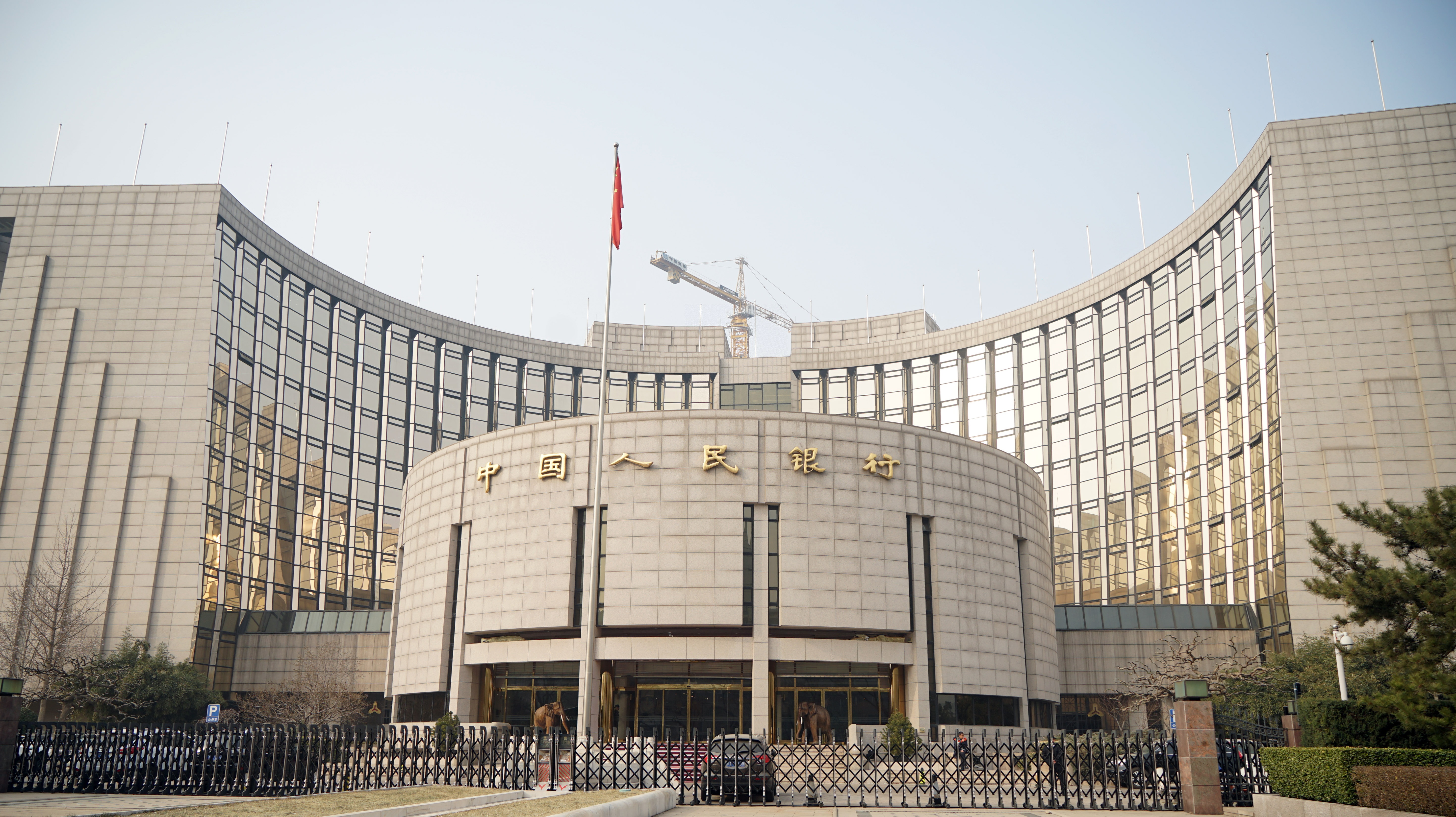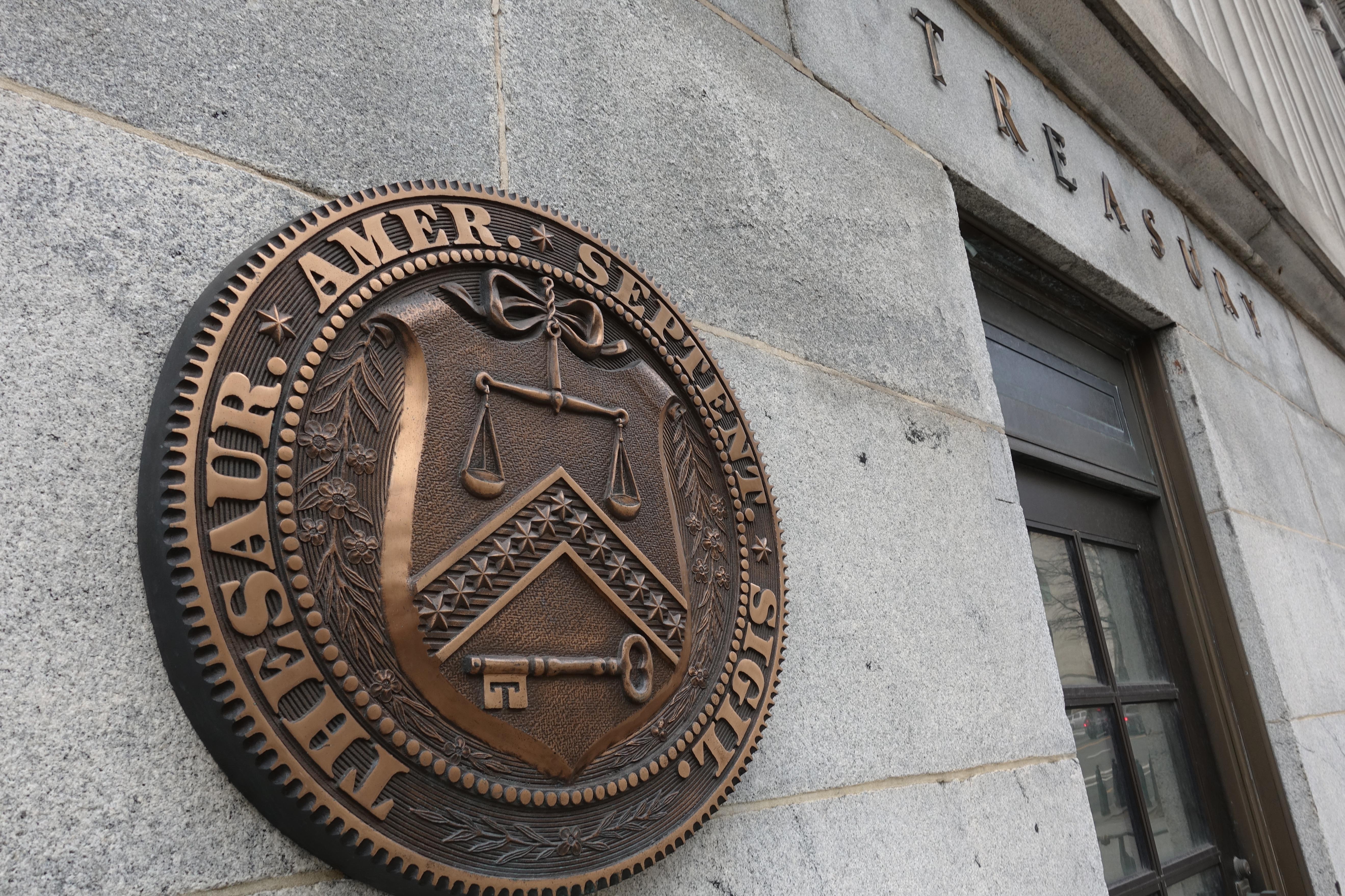
A resident shows China's RMB and US dollar banknotes in Qionghai, south China's Hainan Province. (Xinhua/Meng Zhongde)
The groundless and fabricated accusations that China is manipulating its currency against other currencies are a sign of "paranoia and Sinophobia," said Joseph Matthews, a senior professor at the BELTEI International University in Phnom Penh.
BEIJING, Aug. 8 (Xinhua) -- The U.S. decision to designate China "a currency manipulator" on Monday is ill-founded, experts have said.
The U.S. labeling follows the weakening of the Chinese currency beyond 7 yuan per U.S. dollar on Monday. China's central bank attributed the yuan devaluation to factors including unilateral and protectionist measures, as well as the expectation of additional tariffs on Chinese goods.
Countries are measured for manipulation based on a significant bilateral trade surplus with the United States, material current account surplus, and persistent, one-sided intervention in foreign exchange markets, according to the 2015 U.S. Trade Facilitation and Trade Enforcement Act.
China still doesn't meet Treasury's criteria for manipulation, said Eswar Prasad, a professor at Cornell University. "Treasury has made what seems like an arbitrary determination of currency manipulation since China hardly meets all of the relevant criteria and despite the dilution of those criteria over time."

Photo taken on March 13, 2018 shows the headquarters of the People's Bank of China in Beijing, capital of China. (Xinhua/Cai Yang)
"In purely currency terms the Administration's reasons don't hold up," said Sarwar Kashmeri, an adjunct professor of political science at Vermont-based Norwich University.
"Many people in the private sector may not conclude it is a currency manipulator," Marc Chandler, chief market strategist at the Ohio-based capital markets trading firm Bannockburn Global Forex, told reporters.
"The key rule is (China is) not intervening consistently or persistently to weaken the currency," Chandler said, noting that the U.S. move "won't stand up in the court of public opinion."
The groundless and fabricated accusations that China is manipulating its currency against other currencies are a sign of "paranoia and Sinophobia," said Joseph Matthews, a senior professor at the BELTEI International University in Phnom Penh.
"All the sovereign currencies in the world are being affected by the national and international market forces on a daily basis, and thus being adjusted accordingly," he told Xinhua. "Claiming that China is manipulating its currency is an absolutely ridiculous and hilarious claim."
"The U.S. designation of China as a currency manipulator says far more about U.S. politics than China's economic policies," said James Laurenceson, acting director of Australia-China Relations Institute at the University of Technology Sydney.
In a May 2019 report to Congress, even the U.S. Treasury said it has found that no major trading partner, including China, met all three criteria for currency manipulation during the four quarters ending December 2018.

Photo taken on Jan. 1, 2019 shows the U.S. Treasury Department in Washington D.C., the United States. (Xinhua/Liu Jie)
"This is plainly contradictory," Laurenceson said. "It's unfortunate when economic facts and evidence are sidelined in favour of political expediency."
"China is not interested in depreciating its currency," said Horst Loechel, a professor of economics at Frankfurt School of Finance & Management.
Loechel said the recent developments are bad news for global markets, which may lead to "uncertainty, instability, and concerns," as investors may withdraw their money from the market and invest in safe havens instead.



